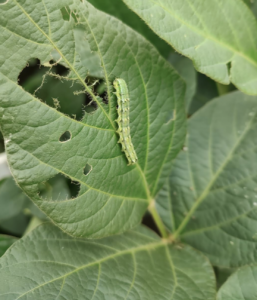
Scouting Notes From the Southeast Extension District
During scouting visits for NC State Cooperative Extension on farm soybean trials we found multiple pests in the same …



El inglés es el idioma de control de esta página. En la medida en que haya algún conflicto entre la traducción al inglés y la traducción, el inglés prevalece.
Al hacer clic en el enlace de traducción se activa un servicio de traducción gratuito para convertir la página al español. Al igual que con cualquier traducción por Internet, la conversión no es sensible al contexto y puede que no traduzca el texto en su significado original. NC State Extension no garantiza la exactitud del texto traducido. Por favor, tenga en cuenta que algunas aplicaciones y/o servicios pueden no funcionar como se espera cuando se traducen.
Inglês é o idioma de controle desta página. Na medida que haja algum conflito entre o texto original em Inglês e a tradução, o Inglês prevalece.
Ao clicar no link de tradução, um serviço gratuito de tradução será ativado para converter a página para o Português. Como em qualquer tradução pela internet, a conversão não é sensivel ao contexto e pode não ocorrer a tradução para o significado orginal. O serviço de Extensão da Carolina do Norte (NC State Extension) não garante a exatidão do texto traduzido. Por favor, observe que algumas funções ou serviços podem não funcionar como esperado após a tradução.
English is the controlling language of this page. To the extent there is any conflict between the English text and the translation, English controls.
Clicking on the translation link activates a free translation service to convert the page to Spanish. As with any Internet translation, the conversion is not context-sensitive and may not translate the text to its original meaning. NC State Extension does not guarantee the accuracy of the translated text. Please note that some applications and/or services may not function as expected when translated.
Collapse ▲
During scouting visits for NC State Cooperative Extension on farm soybean trials we found multiple pests in the same …
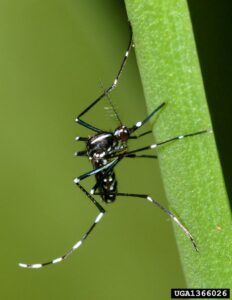
Pesticide license categories often have overlapping areas of applicability, resulting in confusion over exactly which license category is required …
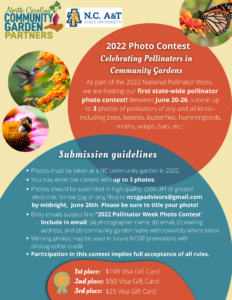
Thank you to everyone that participated in the “Hatch Butterflies” program when 4-H Embryology took a break due to …
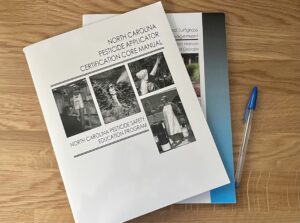
Pesticide Schools are hosted by the NC State Pesticide Safety Education Program with the help of the NC Extension …
Youth Flock Owners: Please read the latest update from the North Carolina Department of Agriculture and Consumer Services released on …
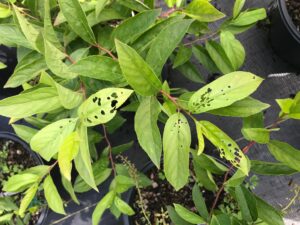
The red-headed flea beetle (RHFB), Systena frontalis, is a major pest of many container-grown ornamentals that eats holes in leaves making …
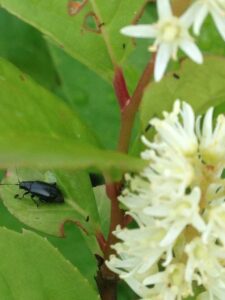
The Problem Red-headed flea beetle (RHFB) adults, Systena frontalis, feed on many ornamentals in container nursery production making plants unmarketable …
The US Environmental Protection Agency requires that all individuals working with pesticides labeled for respiratory protection complete the following …
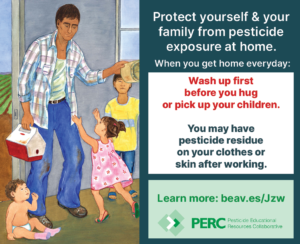
How can you encourage farmworkers and their families to use practices that minimize the risk of pesticide exposure? The …
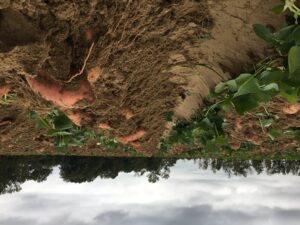
Below are the links to view the meetings: February 9, 2021 – Varieties and Plant Orientation New Varieties– Ken Pecota, NC …
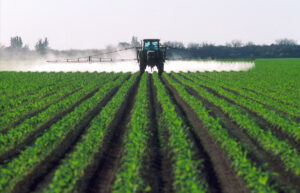
Here are the links for the Pesticide Recertification Classes on February 18, 2021: V Training (1–3 p.m.) Eventbrite registration Soil Fumigation (Z) …
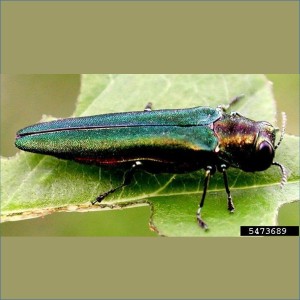
The emerald ash borer, a beautiful but extremely destructive, exotic insect pest, has now been detected in North Carolina. …
Forage Recovery Plan 2019 A wet fall 2018 not only delayed, and in some cases completely prevented, timely fall-plantings of …

N.C. Cooperative Extension Conference 2018 Concurrent Session: Pasture Management: Weeds, Fertilization, and Grazing Management Impacts on Pasture Productivity In addition to adequate …
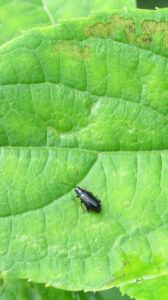
View this video in conjunction with Brian Kunkel’s control of red-headed flea beetle fact sheet to learn when and …

Thanks to the NC Nursery and Landscape Association for publishing my article on Red-headed Flea Beetle Biology and Management …
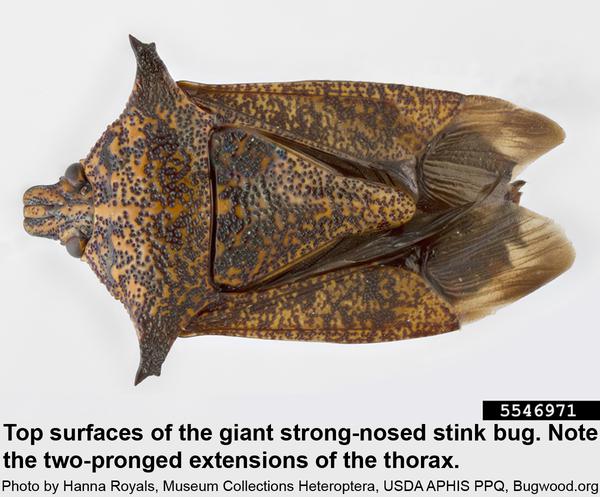
This factsheet describes the biology of the giant strong-nosed stink bug, Alcaeorrhynchus grandis, and provides …

This manual prepares pesticide applicators for Forest Pest Control Certification exams in the following states: …
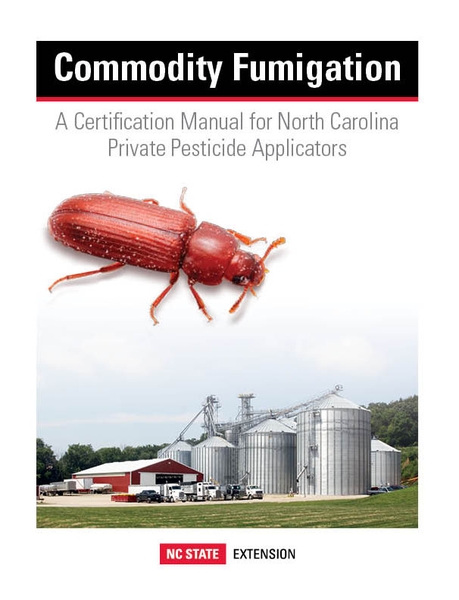
This manual provides guidance tailored for North Carolina's non-commercial pesticide applicators using fumigants in commodity …
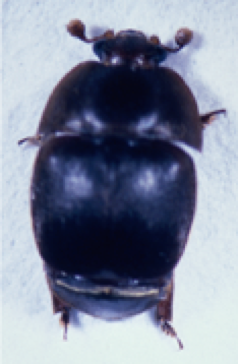
This factsheet describes the small hive beetle, its life cycle and how to prevent infestations …
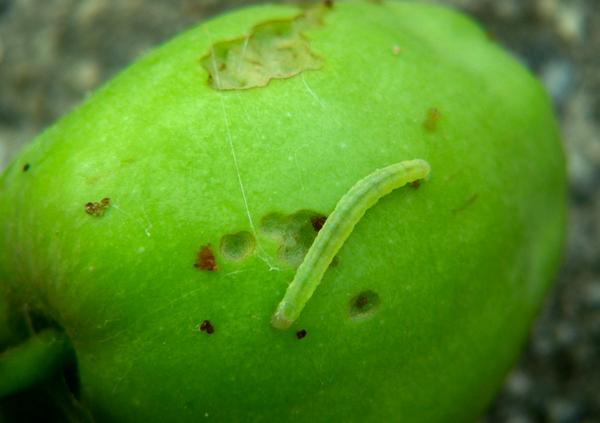
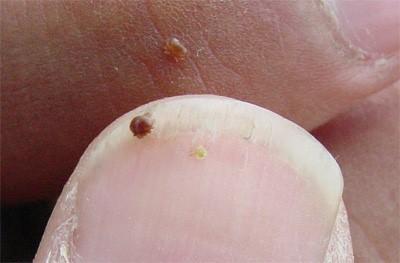
It is the goal of every beekeeper to maintain healthy, productive colonies. This can only …
To apply restricted-use pesticides to agricultural commodities, you must be certified or be supervised by …

This factsheet offers information on the biology and management of the emerald ash borer, an …